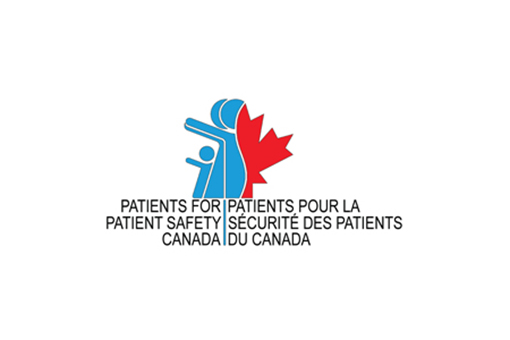Little Mataya gives the gift of change
October 31, 2011
Sabina Robin is ever grateful for a doctor’s tale of immortal love and how it softened her family’s journey through grief.
Sabina’s three young children waited with relatives in a quiet hospital room when she and the doctor walked in to deliver the news.
The doctor sat down, arranged the kids around him, and began the story. It was about waterbugs and dragonflies, but really it was about their sister Mataya, who was taken to hospital a few days earlier.
Mataya’s story began on a Sunday in March of 2004 as Sabina rushed around her central Alberta farmhouse, getting four children and husband Michel ready for church.
“I go get Mataya and see she’s got what I think is an ink spot on her cheek,” says Sabina.
Within 24 hours Sabina and Mataya were in a specialist’s office in Calgary. The pediatric hematologist said Mataya had ITP, or bleeding from an unknown source.
He prescribed Prednisone and told Sabina she could take her daughter home. But Sabina, a nurse, was worried about Mataya’s condition, as well as the distance — more than two hours — between home and hospital.
She dug in her heels and asked that Mataya be admitted to Calgary’s Alberta Children’s Hospital. The doctor only agreed to admit Mataya to one of the city’s general hospitals.
That dynamic — of caregivers dismissing Sabina’s concerns — played out over the next 40 hours in hospital as Mataya’s condition worsened. More bruising appeared. She became more and more lethargic. She stopped feeding and was vomiting.
Staff declined to call the attending physician on several occasions and instead called a resident, who became frustrated with Sabina’s demands for attention.
The staff were convinced Mataya’s condition was minor; that the baby was just tired and suffering a stomach bug.
Yet there was blood in her urine. Mataya’s chart showed a number of troubling indicators. Sabina panicked. She asked that an I.V. be started. The resident refused.
“Whatever I said it wasn’t sinking in with anyone,” says Sabina, who reluctantly lay down with Mataya and fell briefly asleep. She awoke to find her daughter unresponsive. She rang for the nurses. Again, she was treated like a hysterical mother.
She threatened to leave the hospital. One nurse mentioned calling security.
Finally, morning arrived with the promise of the attending doctor. But just then, Mataya was struck with a seizure.
“She coded,” says Sabina. “I pulled the call bell and they all started coming — residents, nurses and the attending physician. But it was a gong show.”
Sabina demanded Mataya be taken to Children’s Hospital. The transfer took four hours but when the ambulance arrived a team of 13 staff was on hand.
The infant was rushed into surgery and the doctors stopped the bleeding and removed a clot from Mataya’s brain. Over the following hours, though, Sabina watched in silent grief as the pressure on her little girl’s brain went up and up and up until she died.
In the intervening years, Sabina Robin became a force in patient safety, involving herself in the W.H.O. and Patients for Patient Safety Canada.
She helped Calgary hospitals improve their procedures and communication. She still wants more open disclosure in patient harm cases. She believes hospitals and staff must be accountable to patients and make direct apologies.
“It’s important for organizations to recognize they can inflict a second type of harm on patients and families when they don’t step up and acknowledge responsibility,” she says.
“For families, that’s the most important thing. They want to know they have done everything in their power to make sure this doesn’t happen to anyone else.”
Sabina ensures Mataya is not forgotten. Just as the doctor’s magical tale is not forgotten by the Robin family. The story offered them something to hold onto.
The story was about how one little waterbug transformed into a dragonfly, soaring over a beautiful, magical realm.
Never able to return to her family. But waiting for them in the light at the top of the world.
Mataya’s mother knew the importance of not holding back, but advocating for her daughter’s health.

Want to read more?
